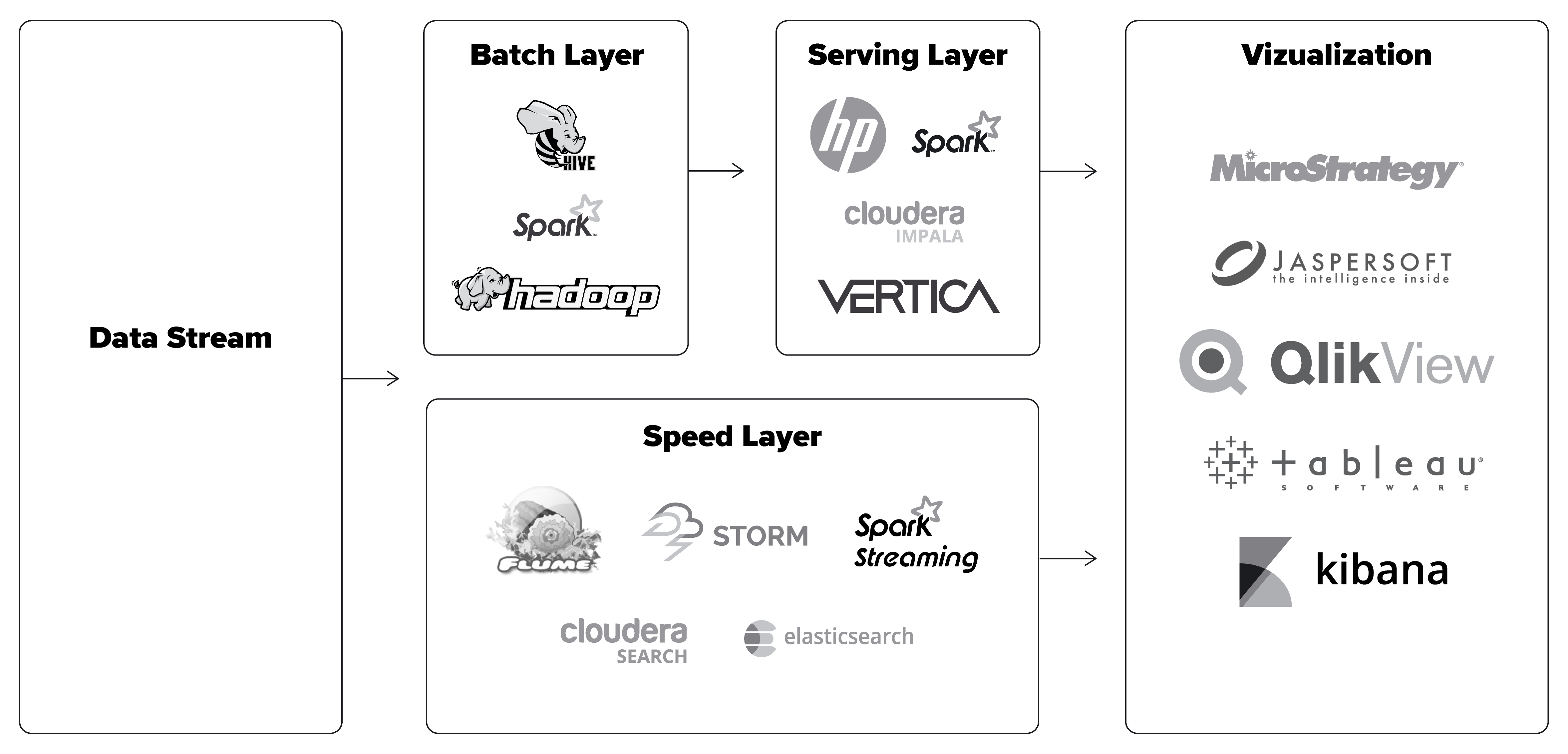Managing a server infrastructure for a project and an application in operation can be challenging. Unexpected server issues during the system’s lifetime can significantly delay project bootstrap while consuming precious resources. Serverless computing is an emerging trend that aims to drastically decrease the burden of infrastructure operations by utilizing PaaS solutions from third-party vendors.
Event-driven computing to achieve infrastructure management
AWS Lambda is a service that can decrease up-front CAPEX requirements for project bootstrap. Allowing users to run code without provisioning servers, scaling servers automatically and featuring a pay-as-you-go billing model, where users only pay for resources used.
AWS Lambda runs code routinely in response to events, called Lamda functions, making it easier for developers to build, test, and manage Cloud applications that might need rapid change in computing power, in response to new information.
In practice, AWS Lambda introduced a new serverless world, providing the flexibility of sub-second billing with an event-driven scale.
AWS Lambda Evolution: Infrastructure Automation
Developers can instantly and cost-effectively write applications in response to immediate changes in the data or the environment, without significant efforts invested into the infrastructure. The term “serverless” means there is no explicit infrastructure provisioning required, no application deployments onto the servers, and no installed software of any kind.
In addition to purely serverless solutions, the AWS Lambda could be reasonably considered part of the Microservice Architecture.
Serverless Microservice Architecture

The high-level components and their connections: A Lambda function as the compute (“backend”) and a mobile app that connects directly to it.
Through the facilitation of Amazon’s API gateway, Lambda can also interact with resources outside of the Amazon infrastructure, including an organization’s personal in-house computing. The gateway can perform transformation between back-end resources and APIs, and has the ability to offer various versions to different clients while monitoring their usage.
The serverless AWS services can also be applied for building one of SoftServe’s data processing solutions – Lambda Architecture. SoftServe’s Lambda Architecture is a business accelerator that implements a highly scalable and reliable data-processing approach, designed to handle massive amounts of data by taking advantage of both batch-and-stream processing methods.

The Lambda Architecture stack is built using SoftServe’s Big Data Analytics reference architectures and technologies catalog, including AWS Lamda, aimed at scalable computing resources for speed layer data processing without separate provisioning.
The solution’s principle is quite easy. Event and log data comes into the SoftServe’s Lambda Architecture stack from various data sources and is processed by the implementation of multiple layers using open source technologies. This achieves the lowest cost per terabyte and payment for the computing power to run on the server resources triggered to be deployed by specific events.
The use cases of AWS Lamda are quite extensive and SoftServe’s team can show you our proven track record of successful solution implementations.
Contact us to learn more.